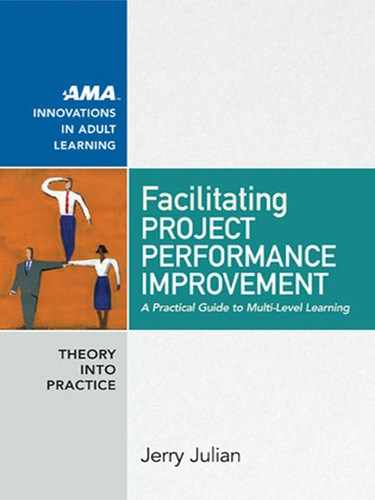34 Foundations
American Management Association
www.amanet.org
ACTION-REFLECTION CYCLES:
THE FOUNDATION FOR MULTI-LEVEL LEARNING
Common to both the U.S. Army’s After Action Review and agile software
development are two critical events: a before- action review to ensure that ev-
eryone knows what to do, and an after- action review to re ect on what was
actually accomplished and how it can be improved for the next time. These
action- re ection cycles are the foundation of multi- level learning, and their
usefulness is not limited to simulated battles and software development.
Intel, for example, conducts regular retrospectives over the course of
product development projects to trim development time, reduce the risk
of blowups and surprises, and spread the resulting learnings to other ini-
tiatives (Lavell & Martinelli, 2008c). Intel views retrospectives as a “ritual”
in which team members get together over the course of a project or pro-
gram’s life cycle to reinforce what is working and identify what needs to
be improved. Debra Lavell and Russ Martinelli (2008a) claim that this ap-
proach to improving projects while they are “in ight” is much more ef-
fective than the traditional practice of conducting postproject reviews or
postproject audits. These traditional practices, they say, are held too late
for any corrections to be made and have a negative connotation at the
company as a result. Team members often don’t want to show up for these
traditional postproject reviews because they are perceived to be blame-
oriented and nonproductive. Teams at Intel, they explain, learn best when
they are solving immediate problems.
Rather than being facilitated by the project or program manager, as
often happens with postproject reviews, retrospectives are facilitated by a
trained, objective facilitator from outside the project team who helps draw
people out to share their perspectives, creating an environment of safety
rather than one of nger- pointing, defensiveness, avoidance, or blame.
The bene ts of retrospectives include improvement in project and pro-
gram management practices, solving immediate problems through the
rapid application of learnings, better odds of generating sustainable be-
havior changes, and improved team satisfaction with results through the
use of a trained, objective facilitator.
Prospectives and retrospectives at regular points during a project’s life
cycle are at the heart of multi- level learning. We now turn to a discussion
of its core principles.
..................Content has been hidden....................
You can't read the all page of ebook, please click here login for view all page.
